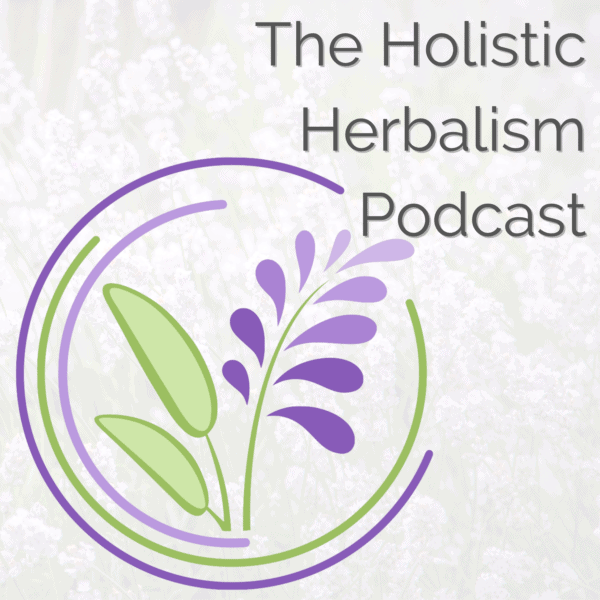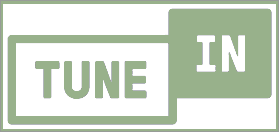Herbal Learning Resources
Any beginner herbalist - or any experienced practitioner, for that matter - needs information from a variety of sources on a whole host of topics. You might, for example, want to consult a phtyochemist's assessment of the most effective extraction medium for a particular herbal constituent, a clinician's notes on botanical treatments for influenza from 1918, and a recent email from a discussion list - all within the same twenty minutes.
Here are some resources for learning and for sourcing herbs that we turn to ourselves, and think are especially valuable for students of herbalism.
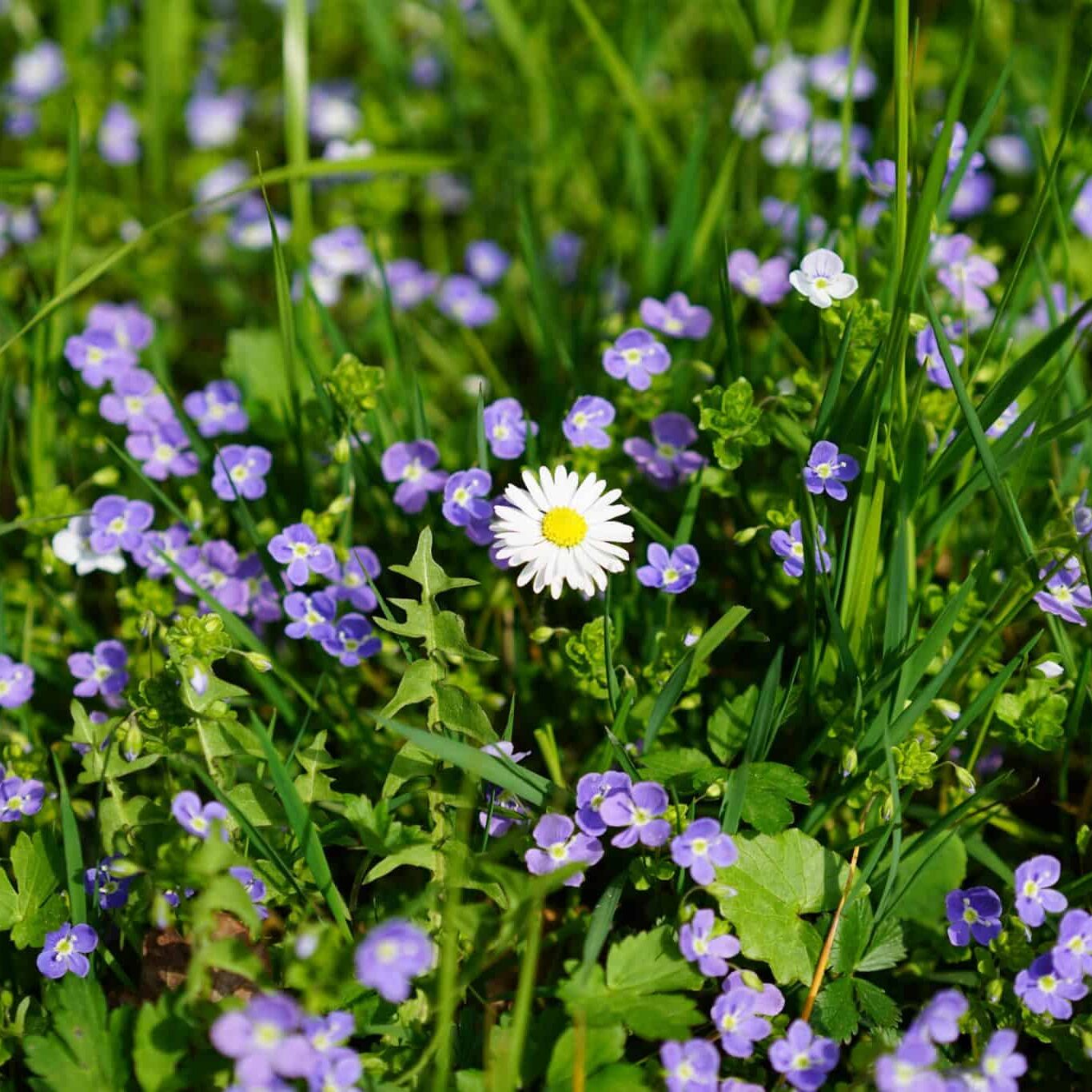
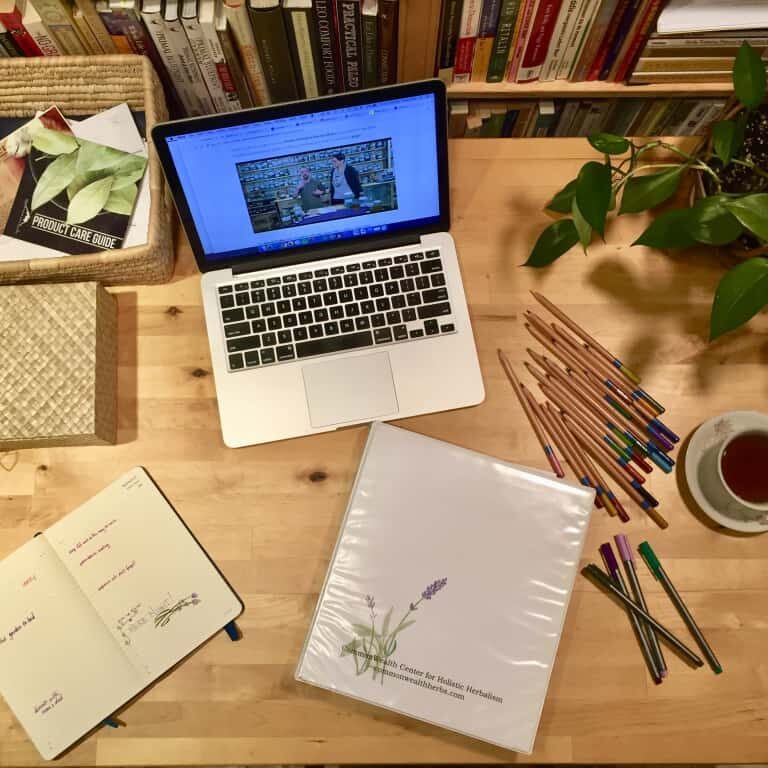
Free Course! The 4 Keys To Holistic Herbalism teach you a whole-person approach to plant medicine and healing.
This is the model we use in all of our teaching and our clinical practice. When we look at an issue systematically, we have the best chances for success.
Learn how to tailor your herbal remedies to the needs of different people and situations.
Book Recommendations & Reviews
Check out our favorite books about herbalism!
You can also hear about some of our favorite books in this podcast episode.
We also reviewed some books we like in this YouTube playlist.
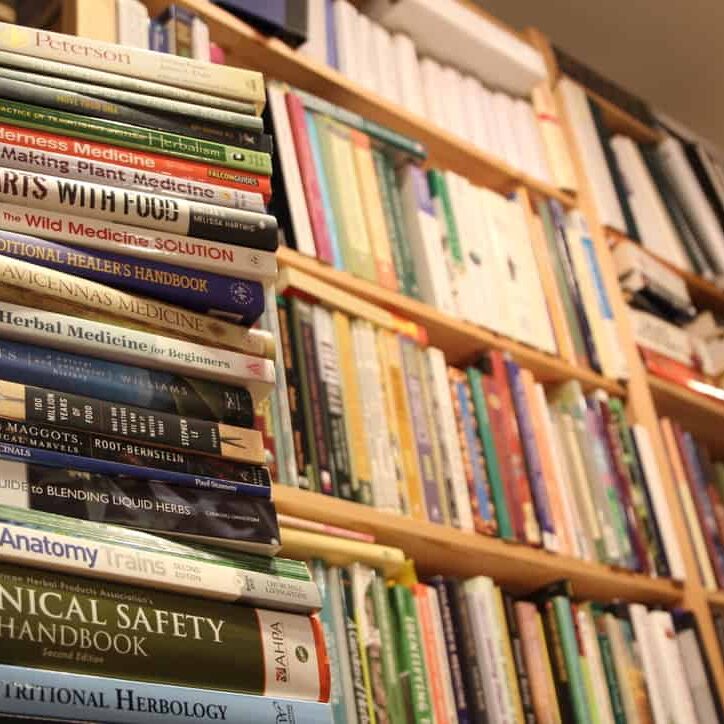
Learning Herbalism
You can learn a lot with self-study, and there are a lot of free resources out there that are good - here are some of our favorites!
We release a new episode of the Holistic Herbalism Podcast weekly (more or less) - you can find them all in iTunes, your favorite podcast app, and on our website here!
We offer a selection of free herbal education videos on our YouTube channel.
And check out our blog for lots of great information on clinical herbalism, as well as our Instagram feed!
Conservative & "Evidence-Based" Sources
- World Health Organization - Monographs on Selected Medicinal Plants
- Health Canada's Natural Health Product Monographs
- European Medicines Agency - Committee on Herbal Medicinal Products - Monographs & List Entries
- Expanded Commission E Monographs
- Phytochemical and Ethnobotanical Databases, by James Duke at USDA Agricultural Research Service
Practical Info From Practitioners
- Henriette's Herbal Homepage is one of the oldest and best herbalism websites on the internet. Use the search bar and you'll get results from historical texts, curated selections from discussions on herbal email lists over several decades, Henriette's own excellent blog posts, and more. She moderates an active email discussion list as well.
- Medical Herbalism - "A Journal for the Clinical Practitioner", is edited by Paul Bergner, our mentor and friend. The North American Institute of Medical Herbalism is the site for his distance learning programs.
- The Institute for Traditional Medicine is a great resource for info on Traditional Chinese Medicine, as well as Ayurvedic and Western herbalism.
- Plants for a Future has a very wide array of profiles of medicinal herbs, food plants, and other beneficial botanicals.
- Stephany Hoffelt's Domestic Medicine offers both rigorously researched history and authentically lived experience in equal measure. Much well-needed myth-busting to be found here!
- herbcraft.org - Heed the advice left to you by the previous students: "Read everything jim mcdonald has ever written. Twice." He also has a very extensive curated list of the writings of other herbalists on various topics here.
- The team at Herbal Reality are doing great work to bring grounded, practical, relevant information about herbalism to the public.
- Northeast School of Botanical Medicine is run by 7Song, and this site includes an abundance of his handouts and class materials. Check out his blog, too!
- Toi Scott of Queering Herbalism offers a ton of resources for anti-oppression and social justice matters relevant to herbalism, including a list of POC healers.
- Competent Care for Transgender, GenderQueer and non-Binary Folks - Larken Bunce & Vilde Chaya Fenster-Ehrlich have put together this great resource, including herbal considerations.
- Rosalee's herbal blog roll will keep you busy for a good while!
- The American Herbalists Guild is a professional organization for herbalist in the United States. They have many helpful resources.
Historical & Ethnobotanical Sources
- Henriette's Herbal Homepage is an excellent place to get information from historical sources on herbal practice in the Western traditions. Use the search bar and you'll get results from many historical texts (alongside Henriette's own excellent blog and articles, selections from mailing list discussions over the years, and more).
- The Southwest School of Botanical Medicine is the late Michael Moore's website, with tons of his own work as well as publications from the Eclectics and Physiomedicalists. (This is Michael Moore the herbalist, not Michael Moore the filmmaker.)
- The Canon of Medicine, Ibn Sina (Avicenna) (1025) - A foundational text of the Unani-Tibb tradition.
- The Complete Herbal, Nicholas Culpeper (1652) - A classic of English herbalism.
- The Physiomedical Dispensatory, William Cook (1869) - A particularly strong example of writing from the herbal physicians of the 19th century United States.
- A Modern Herbal, Maud Grieve & Hilda Leyel (1931) - This work grew out of pamphlets Grieve wrote based on her experiences growing and working with herbs during the first World War, and became an English and American herbal classic.
- Native American Ethnobotany Database, by Dan Moerman at University of Michigan. As with all databases and ethnobotanical works, consider this a simple starting point, not a definitive authority on indigenous botanical practices. (That is to be found with each people.)
Sourcing Herbs
Here are some of our recommended places to acquire herbs for preparing your remedies and delights.
Boston Area Stores
- Cambridge Naturals is a shop in Porter Square with a nice selection of bulk herbs, along with tinctures, salves, supplements, incense, and more.
- Soluna Garden Farm has a shopfront in Winchester and a space at the Boston Public Market; also does online ordering.
- Crose Nest in Hudson hosts a botanical apothecary and a lovely collection of curiosities.
- Seven Arrows Farm has a small shop in Attleboro.
- Artemisia Botanicals is a magic shop in Salem which offer some herbs.
- Whole Foods markets all have some tinctures, supplements, etc; some may have a selection of bulk herbs too.
- Daily Table, while not herbal, is an important resource: a non-profit grocery store which keeps prices low by recovering food from supermarkets, growers and food distributors that would otherwise have been wasted. Dorchester, Roxbury, Mattapan, and Central Square.
Boston/MA Herb CSAs
Online Ordering
in the Northeast:
- Foster Farm
- Herbal Revolution
- Atlantic Holdfast Seaweed
- Zack Woods Herb Farm
- Jean's Greens
- Woodland Essence
- Healing Spirits Herb Farm
- Flack Family Farm
Elsewhere:
- Mountain Rose Herbs - has nearly everything; often cheaper if you're buying many herbs at once. They also maintain a list of local growers & herb farms around the country.
- Starwest Botanicals - another reputable national-scale supplier.
- Pacific Botanicals
- Cortesia - for solomon's seal.
Also check out jim mcdonald's list of wildcrafters, growers, & medicine-makers.
PS: Want to eat some bugs?
- EntoMarket offers roasted crickets, and a bunch of other insects as well!
- Exo has bars, powder, and whole roasted crickets.
Nutrition
There's more to it than just herbs - the food you eat and the way you move your body (or don't!) also play a big role in staying healthy!
Many solid nutrition sites have monetized over the years, but these still have great information that you can get for free:
- Examine.com is a good resource specifically oriented towards making sense of the available scientific studies on supplements & products. Keep in mind, when you see them discuss herbs, that they are only considering those sources of information.
- Chris Kresser is an old school paleo blogger who has moved into the "functional medicine" world. He's selling products now but his older research is still good.
- Health To Empower by Stefani Ruper is an important woman-focused health resource, as a lot of the paleo conversations are conducted using info only tested or relevant in males.
- Health Correlator - Ned Kock takes a statistics-based approach to unraveling thorny issues in nutrition.
- Evolutionary Psychiatry - a pretty great blog with lots of alternative psychiatry commentary, often based on nutritional approaches, written by a psychiatrist.
- The Cholesterol Myths, a website by Uffe Ravnskov (a well-respected scientist and researcher), explains why the lipid hypothesis (dietary cholesterol causes heart disease) is completely bunk. Click the "about me" link for an exhaustive linked list of interviews, papers, books, etc.
Movement
- Nutritious Movement, the work of biomechanist Katy Bowman, is a great place to learn about alignment, biomechanics, and natural movement.
- MovNat is a system of movement skills development with a focus on building physical capability in nature. It's a great fit for herbalists and nature-lovers!
- Sock Doc is written by a chiropractor with a clear understanding of the importance of alignment and natural movement principles.
Take Action!
Use these websites as resources to learn about some of the Big Issues in our world today, but don't just read - make it real, do something!
- United Plant Savers - protecting at-risk medicinal plants.
- Integrative Medicine for the Underserved - sharing skills and strategies for integration and collaboration.
- Organic Consumers Association - a watchdog/activism group for the organic market.
- The Cornucopia Institute - education and activism for keeping organic meaningful.
- Boston Area Gleaners - preventing food waste by harvesting & distributing extra crops.
- Speak for the Trees Boston - advocating for equity in tree placement throughout the city.
- Boston Food Forest Coalition
- Coal River Mountain Watch - working to combat mountaintop-removal mining and help communities recover from its destructive impacts on health & environment.
- 350.org - global climate-focused campaigns & actions.
- North American Indian Center of Boston
- United American Indians of New England
- Indigenous Action Media - national news on Indigenous issues.
- Cultural Survival - indigenous rights & culture work.
- The Movement for Black Lives
- Campaign Zero - policy solutions to end police violence.
- Prison Policy Initiative - research and advocacy to end mass incarceration. Check out their detail on incarceration in Massachusetts.
- Last Prisoner Project - focused on justice for those with cannabis-related incarceration and punishment, as legalization (and monetization) of cannabis spreads across the country.
- Pine Street Inn - homeless shelter & support services.
- St. Francis House - homeless shelter & support services.
- Victory Programs - red doors for housing, health, & recovery support.
- New England Center and Home for Veterans
- In the Public Interest - information on the impacts of corporate privatization of public services.
- Search for Common Ground - working to end war by supporting local groups working to provide relief, create jobs, and build communities.

Join our newsletter for more herby goodness!
Get our newsletter delivered right to your inbox. You'll be first to hear about free mini-courses, podcast episodes, and other goodies about holistic herbalism.

